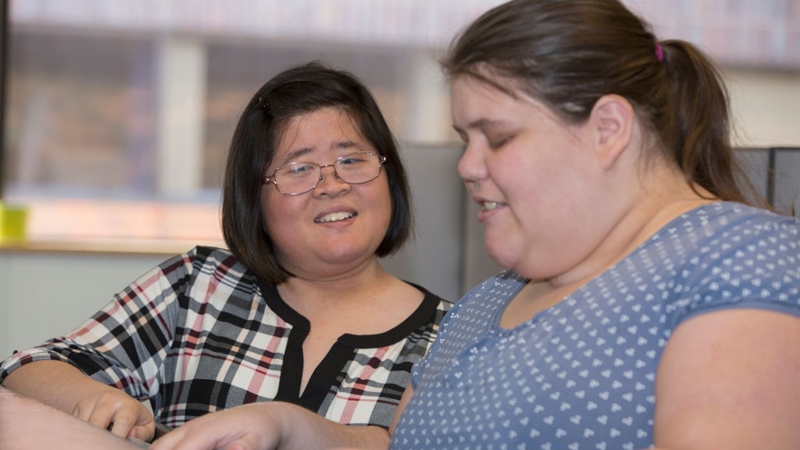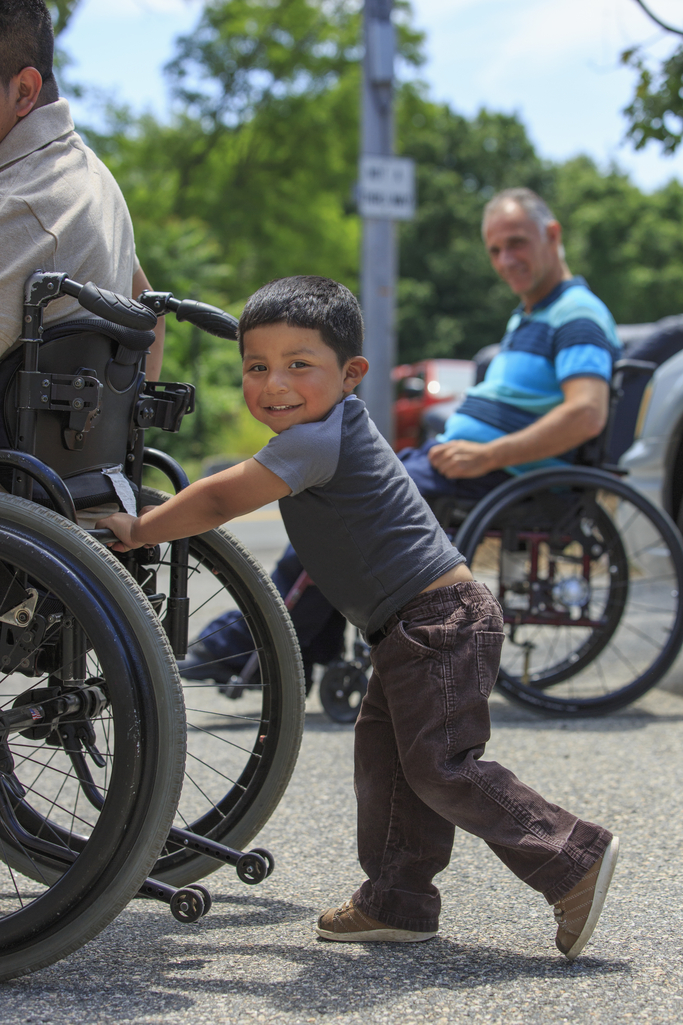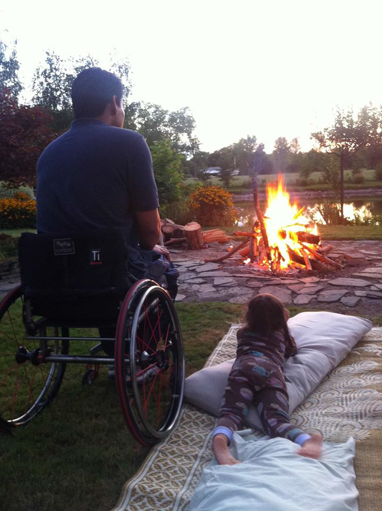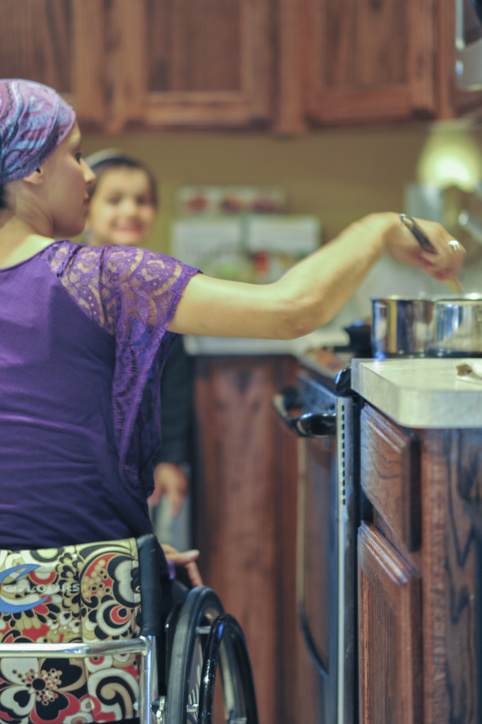Child Welfare, Family Law, and the Rights of Parents with Disabilities and Their Families
Protection and Advocacy Agencies and the Needs of Disabled Parents
In 2023, the National Research Center for Parents with Disabilities initiated an effort to understand how Protection and Advocacy staff perceive the needs of parents with disabilities within the broader scope of their services. The overarching goal of this effort was to identify gaps in services currently provided by P&As and uncover opportunities to better serve disabled parents. As part of this initiative, staff from the National Research Center for Parents with Disabilities surveyed P&A Executive and Legal Directors about their experiences providing TA and legal representation to parents with disabilities involved in child welfare cases.
Access the 1-page overview of Protection and Advocacy Agencies and the Needs of Disabled Parents
Terminating the Parental Rights of Mothers with Disabilities
Legal Ableism: A Systematic Review of State Termination of Parental Rights Laws Policy
Experiences of Parents with Psychiatric Disabilities Who Are Involved with the Child Welfare System: Perspectives of Parents and Legal Services Staff
Housing Circumstances of Parents with Disabilities within the Child Welfare System
Life Circumstances of Diverse Parents with Disabilities with Child Welfare System Involvement
This study examines the life circumstances of parents with disabilities involved with the child welfare system, with a focus on parents from racial and ethnic minority groups. Parents with disabilities in the child welfare system have a higher risk of inadequate housing, domestic abuse, drug abuse, alcohol abuse, and financial struggles when compared to parents in the child welfare system who don't have a disability. In addition, Black and Hispanic parents with disabilities have a higher risk of these circumstances than those who are in the same racial or ethnic group but don't have any disabilities.
Recurrence of Substantiated Reports of Child Maltreatment by Low-Income Parents with Disabilities: The Importance of Poverty and Race
Parents with Disabilities Involvement in the Child Welfare System: A Twenty-First Century Bibliography
This compilation of sources shows the significant increase in recent years in attention by researchers and practitioners to the issue of the involvement of parents with disabilities in the child welfare system.
Who Reports Parents with Intellectual Disabilities to the Child Welfare System?
Disabled parents—particularly, parents with intellectual disabilities—are reported to the child welfare system at higher rates than nondisabled parents. To learn how parents with intellectual disabilities become involved with the child protection system, researchers studied who is making these reports to the child welfare system and whether substantiation rates for parents and caregivers with intellectual disabilities vary depending on who referred them to the child welfare system.
Advocates, Attorneys, and Legislators on Passing Legislation that Protects the Rights of Parents with Disabilities
Parents with disabilities are routinely discriminated against in the child welfare, family law, and adoption and foster care systems. Over the past few decades, advocates, activists, and legislators have urged states to pass legislation protecting disabled parents. Many states have introduced or passed legislation to protect the rights of parents with disabilities and their children. However, though states are increasingly likely to pass such legislation, there are 22 states that still lack comprehensive protections for parents with disabilities. This study seeks to understand the obstacles that advocates, attorneys, and legislators face when they try to pass laws that protect the rights of parents with disabilities and identify solutions for passing laws that protect parents with disabilities and their children.
Are Reports of Child Abuse among U.S. Parents with Disabilities More Likely to Be Substantiated?
Parents with disabilities are no more likely than other parents to abuse or neglect their children, but they are disproportionately more likely to interact with the child-protection system than their nondisabled counterparts. The beliefs of mandated reporters, such as teachers and doctors, about the inability of people with disabilities to raise children, have contributed to this overrepresentation. There is, however, very little research that has examined how often child-protection cases involving parents with disabilities are substantiated. (Substantiated child-protection cases have enough evidence to be investigated, but they may or may not result in charges of abuse.)

Best Practices for Attorneys and Researchers on How to Safeguard the Rights of Parents with Intellectual Disabilities and their Families

Family Law Project Evaluation Final Report

A History of Idaho's Legislation Protecting Parents with Disabilities

Meeting the Needs of Parents with Psychiatric Disabilities Facing Loss of Child Custody: Advice for the Legal Profession

The Legal Obligations of Child Welfare Agencies and Courts when Working with Prospective Parents with Disabilities

The Legal Obligations of Foster Care and Adoption Agencies when Working with Prospective Parents with Disabilities

Parents with Mental Illnesses and the Adoption and Safe Families Act

Representing Parents with Disabilities in Custody and Visitation Disputes: 10 Tips for Attorneys

Representing Parents with Disabilities: 10 Tips for Attorneys

State Legislation and Parents with Disabilities: A Summary

Summary of Model Legislation Supporting Parents with Disabilities

Toolkits for Legislators and Advocates

